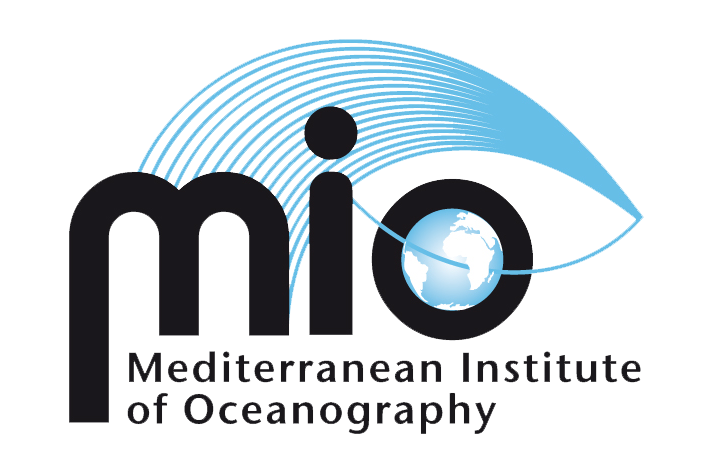Engaging in sustainability science: a practice consistent with global challenges
Editorial by Valérie Verdier, President and Chief Executive Officer
Last Friday was our board meeting. First of all, I would like to thank all those who made it possible for it to be organized and run smoothly by videoconference.
We presented the directors with a report on the management of the health crisis. All unanimously praised the flexibility and responsiveness of the teams, and the exemplary commitment and mobilization of everyone at all our sites. Once again, I would like to thank you for your commitment and mobilization; they are particularly valuable and indispensable to the smooth running of the Institute's activities.
The situation remains uncertain in mainland France, and caution is still called for, so please do not neglect the health and safety instructions. It is essential to apply them so as not to jeopardize all the efforts made so far. Overseas, situations vary from one department to another. We are following developments very closely, particularly in French Guiana, with the support of our representative. Abroad, borders are gradually reopening, with a situation that remains or is becoming very critical in certain parts of the world. This is particularly the case in Latin and Central America, and I have a thought for all our colleagues and partners who are there.
The Board of Directors also voted unanimously on the changes in the general organisation of the Institute which carry major challenges for the IRD.
Following last March's Board of Directors meeting, I asked Philippe Charvis, Director Delegate for Science (D2S), to lead a reflection on the Science Pole. Today, this has led to the following changes:
The position of D2S has been confirmed at the head of the Science Cluster, allowing the cluster to gain visibility both internally and externally.
The creation of the D2S deputy function in charge of sustainability science, to give it a high visibility in the organization chart. As a result, the Mission for the Promotion of Interdisciplinarity and Intersectorality disappears. I would like to thank and underline all the work accomplished by this Mission, under the direction of Jean-Luc Chotte, on PSIPs and interdisciplinarity, which today allows for this major evolution in our organigram. The promotion of sustainability science is also part of the remit of the three poles of the organisation.
In order to give visibility to transversal thematic fields, I now have the possibility of appointing scientific advisors to the governance. A first scientific advisor will be appointed in the coming weeks to lead the Institute's overseas strategy, in line with the Government's Overseas Trajectory 5.0.
In order to strengthen the visibility and coordination of IRD's actions in the field of Open Science towards countries in the South, the Mission for Digital Infrastructures and Data (MIDN) is evolving into the Mission for Open Science (MSO).
Our scientific departments keep their current thematic outlines. I wished to uphold the principle of parity that has guided the appointments of the directors at their head over the last five years.
In addition to these changes, discussions involving all stakeholders will continue, or be initiated, on the assessment and future of PSIPs, open science, overseas strategy, etc. They will be informed by the second IRD economic and prospective report that will be presented by our Scientific Council next September.
Our commitment to the science of sustainability, initiated by the MP2I, must promote transdisciplinary knowledge, co-constructed between scientists and society's actors, whose purpose goes beyond disciplinary interests. The health crisis we are going through shows us how essential this approach is for a better understanding of the complexity of the modern world and for finding more global and sustainable solutions to the economic, social and environmental challenges of our societies.
This approach will be based in particular on the IRD environmental roadmap that we presented to directors on Friday. This roadmap is in line with a collective awareness and is inspired by the many eco-responsible initiatives that have emerged within our Institute. It gives us the objective of reducing our environmental impact, including in the territories of our establishments in the South, in consultation with our partners, through a multidisciplinary approach involving the three poles of our organisation. This roadmap is also based on a participative approach so that each of us can play a role in its implementation.
I am counting on you to meet these challenges.

